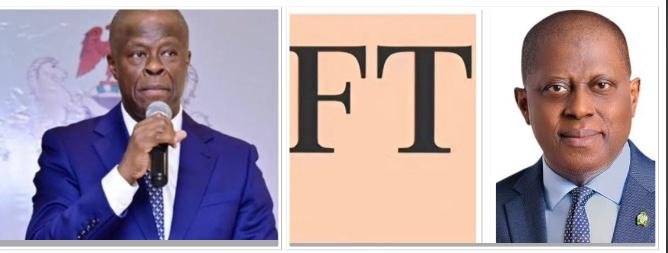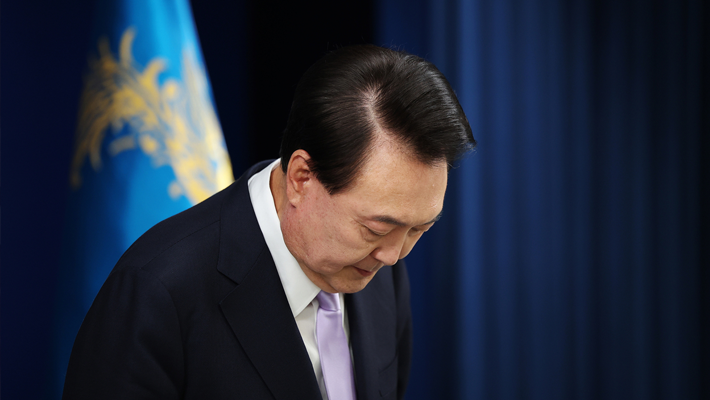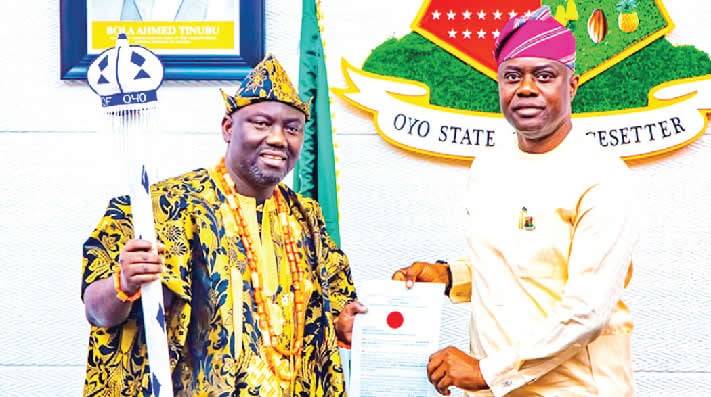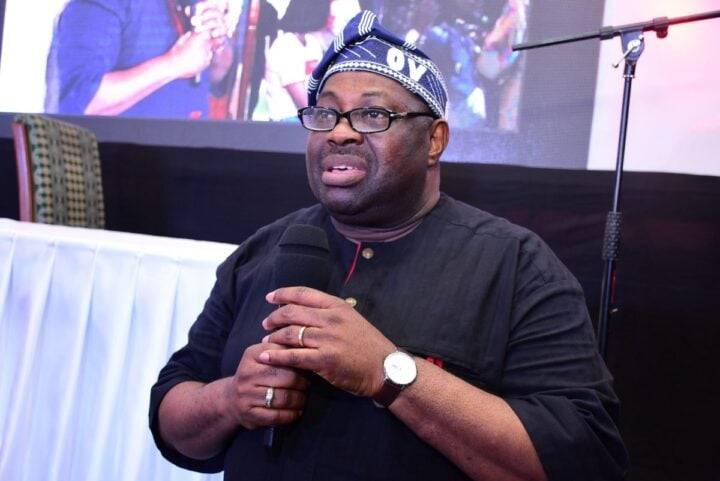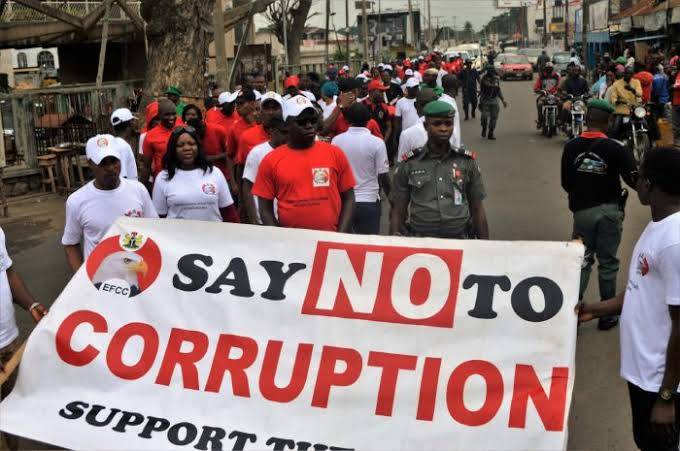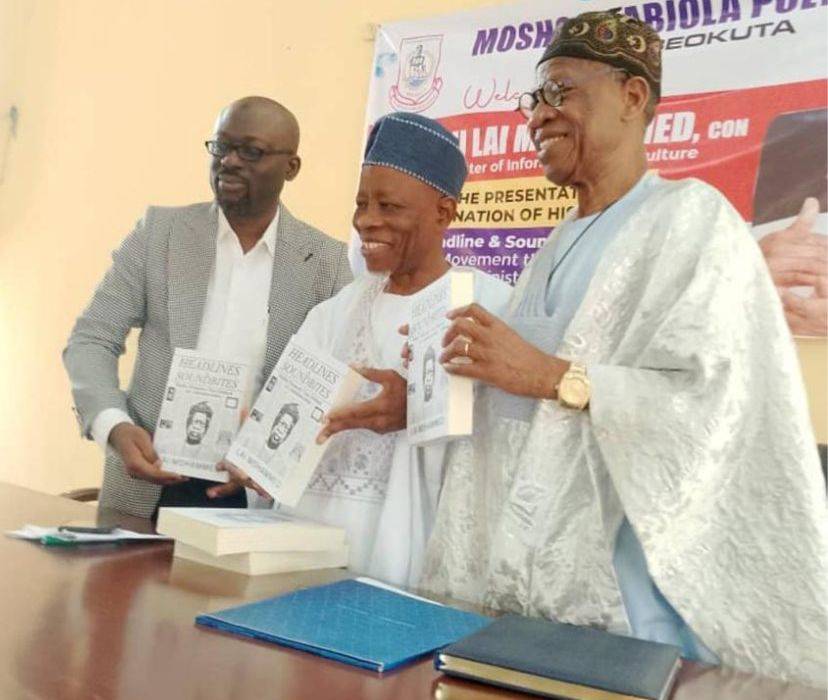By Prince Ade Omole
The editorial ‘Shock Therapy Alone Will Not Cure Nigeria’s Economic Ills’, published by the Financial Times London on July 17th, 2024, rightfully acknowledges Nigeria’s significant challenges. However, its portrayal of President Bola Ahmed Tinubu’s efforts is unduly harsh and fails to appreciate the broader context and long-term vision driving his administration’s policies. Indeed, the Tinubu administration has made some tough decisions that have understandably caused short-term discomfort, but these measures are crucial steps toward sustainable growth and national development.
The removal of the fuel subsidy and the floating of the naira were not easy decisions, but they were undeniably necessary. They have put pressure on millions of Nigerians, particularly the economically vulnerable. However, the subsidy was a heavy burden on the nation’s finances, consuming nearly a third of the federal budget and perpetuating a cycle of inefficiency and corruption. Its removal was necessary to redirect resources towards more productive uses, such as the recently launched Akintunde Sawyerr-led Nigeria Education loan fund, and eliminate the distortions that stifled genuine economic activities and incentivised rent-seeking behaviours. These were tough but essential steps, and the government’s confidence in their necessity should reassure the public of their importance.
Allowing the naira to float has similarly been a tough but essential step, as confirmed by the Central Bank’s Governor, Dr Yemi Cardoso. The previous overvaluation of the currency severely hampered Nigeria’s export competitiveness, depriving the economy of the diversification it desperately needed. The resulting imported inflation and cost of living challenge are unfortunate but unavoidable short-term side effects of correcting these long-standing imbalances.
Despite these immediate hardships, it is crucial to recognise that these reforms are part of a broader, holistic strategy to revive Nigeria’s economy. Tinubu’s administration is not merely engaging in ‘shock therapy’ for its own sake. Instead, it is laying the groundwork for sustainable economic growth by addressing fundamental structural issues that have hindered Nigeria’s progress for decades. This comprehensive approach guides the direction of the country’s economy and instils a sense of optimism about the long-term benefits these reforms will bring.
The administration is obviously aware of the need for a comprehensive national strategy, as encapsulated in its action plan manifesto, and is doing what is necessary. Steps are being taken to improve the state’s capacity and probity, ensuring that savings from subsidy removal are effectively redeployed to support the most vulnerable. Initiatives such as direct cash payments to citizens, sundry palliative measures, highly discounted transport costs and the establishment of a proper social safety net are already being considered and implemented where possible.
Furthermore, the administration is resolutely committed to tackling corruption. While the article highlights challenges within Tinubu’s cabinet, including the suspension of the humanitarian minister and broader political issues, it is crucial to acknowledge the ongoing efforts to enhance transparency and accountability in governance. The suspension of the minister pending investigation outcome confirms the administration’s seriousness in this regard. Additionally, the anti-corruption czar, Mr Olanipekun Olukoyede, recently detailed the agency’s achievements on the Renewed Hope Global Virtual Platform, showcasing the strides in the fight against corruption. The fight against corruption is a marathon, not a sprint, and the administration’s commitment to transparency is crystal clear as gradual progress is being made.
Tinubu’s administration is also focused on rebuilding trust between the government and its citizens. A significant part of this effort involves improving tax collection and harmonisation under Zacch Adedeji’s Federal Inland Revenue Service leadership, notably reducing the number of varying taxes from 52 to 10. Additionally, the administration is committed to delivering essential services such as power, roads, security, education, and healthcare. By investing in these critical areas, the administration is gradually creating an enabling environment that propels economic growth and development and gives Nigerians hope for a more trusting and cooperative relationship between the government and the citizens.
In conclusion, while the Financial Times highlights the immediate difficulties stemming from President Tinubu’s reforms, it overlooks the strategic vision driving these policies. The administration knows these tough decisions are just the beginning of a long journey towards a more prosperous and equitable Nigeria. With an already set clear and articulated action plan, coupled with the President’s resolve to see it through, Tinubu’s administration is on the path to gradually but surely turning Nigeria’s economic fortunes around.


